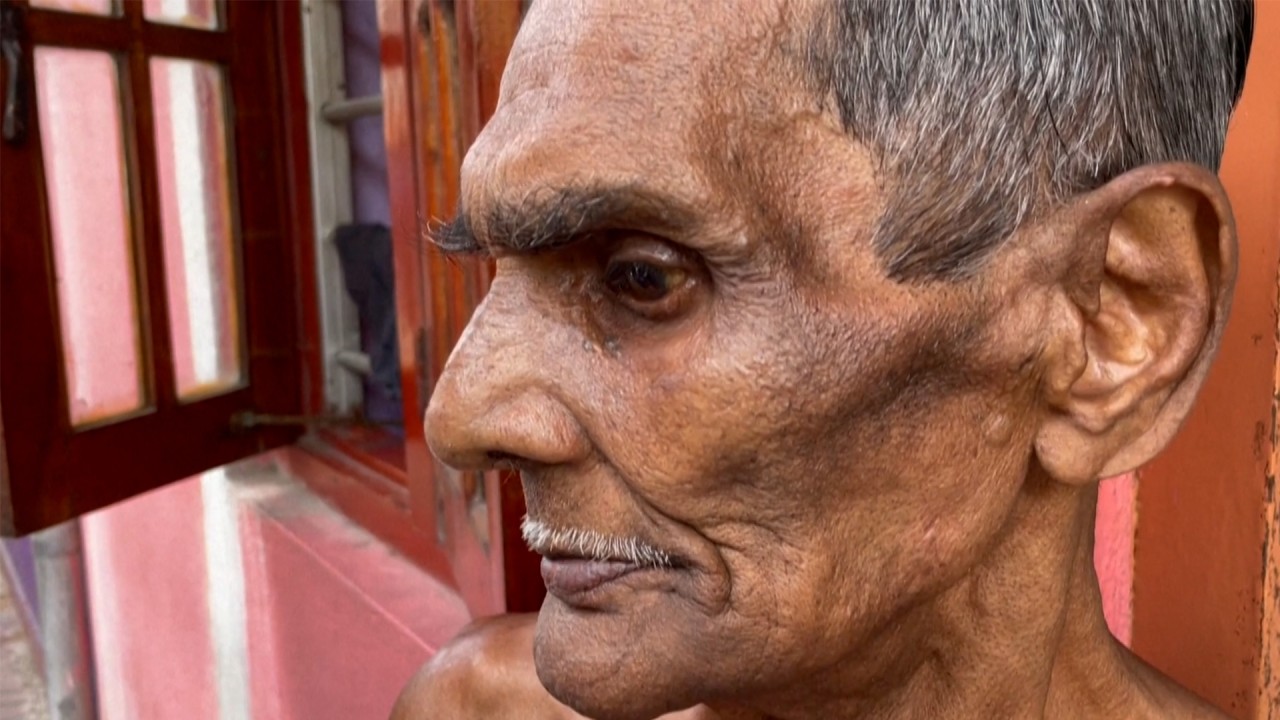
02:18
Millions of Sri Lankans go hungry as food prices soar

Pakistan currently sits at No 4 in Bloomberg’s Sovereign Debt Vulnerability Ranking, a composite measure of a country’s default risk. The county’s debt stands at 71.3 per cent of GDP. Will Pakistan be the next Sri Lanka?
While the alarming economic numbers increase Pakistan’s chances of a default, the fractious political environment following the ousting of former prime minister Imran Khan in April has further increased the risk. Political stability is key to Pakistan’s economic agenda, even if it is dictated by the International Monetary Fund (IMF) with harsh conditions.
A coalition government – comprising a dozen disparate parties with conflicting political and economic objectives, and enjoying a thin majority in parliament – is tasked with handling the daunting economic challenges.
Can a weak government handle the economic crisis being exacerbated by the effects of the war in Ukraine, amid a wave of potential defaults? Hence, Pakistan’s real default risk lies on the political rather than economic front.
The crisis afflicting Sri Lanka, which in April defaulted on its US$51 billion foreign debt, is instructive. The storming of Sri Lanka’s presidential palace by anti-government protesters reflected the public frustration with the government’s failure to halt the economic meltdown that has triggered acute shortages of fuel, food and other essentials.
In Pakistan, too, the nation’s debt burden is rising. Foreign exchange reserves are being depleted as the rupee slides against the US dollar, the current account deficit is widening and fuel and commodity prices are skyrocketing amid rising political temperatures. In the coming months, the country faces growing economic turmoil and a deepening political crisis.
Pakistan’s external debt and liabilities had risen to US$128 billion at the end of March. It will have to pay US$21 billion to international lenders for external debt servicing in the current financial year, which began on July 1.
The announcement on July 13 of a long-awaited economic deal with the IMF provided a lifeline for the cash-strapped nation. Prime Minister Shehbaz Sharif had rolled back fuel subsidies implemented by his predecessor and significantly raised prices. Back in April, when the Khan government was ousted, petrol cost about 150 rupees (US$0.66) per litre. It is now nearly 250 rupees.
This significant rise has also increased the price of essential food items and other commodities because of increased transport costs. Pakistanis are reeling under 21.3 per cent inflation and bearing the brunt of soaring commodity prices and frequent power blackouts.
The government is managing the economy under the IMF’s direction, but it is difficult to make unpopular decisions with national elections set for August next year. People reeling under poverty, power blackouts, rising joblessness and rampant inflation are growing increasingly frustrated and angry.
This presents Khan with fertile ground to score political points, claiming the government is blithely accepting the IMF demands without caring about the poor. He is building pressure on a government he claims is “corrupt and imported”, demanding fresh elections.
Khan was removed democratically through a no-confidence vote on April 10, yet he claims it was part of a foreign conspiracy hatched by the United States to topple his government over his independent foreign policy. Khan is still peddling the foreign conspiracy narrative in public meetings.
More than a dozen political parties, both small and mainstream, have joined the security establishment in opposing Khan’s claims. Yet, the people are buying into the narrative, rejecting what they see as an imported government.
Khan has warned of mass protests across the country and a march by thousands towards Islamabad if fresh elections are not announced soon. Pakistan’s risk of default has thus increased because of the rising political temperature.
Political uncertainty is likely to put much-needed multilateral assistance on hold, as well as discouraging foreign investors. Politics will continue to hold the economic stabilisation programme hostage, as Pakistan follows in Sri Lanka’s footsteps, getting ever closer to defaulting on its debt.
Syed Fazl-e-Haider is a contributing analyst at the South Asia desk of Wikistrat. He is a freelance columnist and the author of several books including “Economic Development of Balochistan”